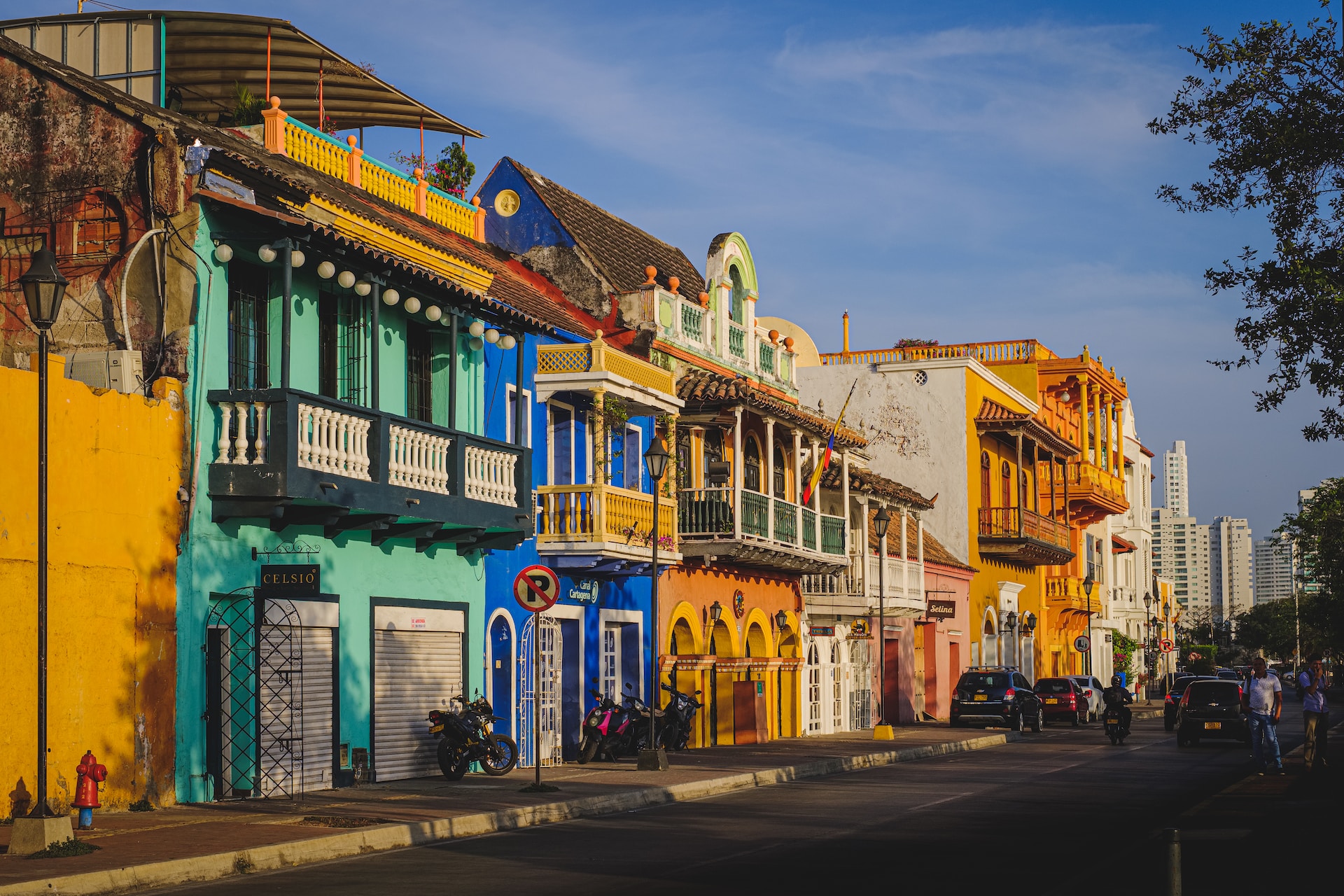Colombie
La Colombie étant un pays extrêmement diversifié, son approche du pluralisme est étroitement liée à son processus de paix.
Groupes Évalués
- Population Rom
- Paysans
- Communautés autochtones
- Afro-colombiens
La Colombie est l’un des pays les plus inégalitaires d’Amérique latine et a été profondément marquée par plus de 50 ans de conflit armé interne ayant fortement affecté la vie, la culture et les traditions de nombreux groupes ethniques et sociaux, notamment des Afro-Colombiens, les Autochtones, les paysans et les Roms. Les élections de mai 2022 ont amené au pouvoir un gouvernement qui s’est montré très clair sur la nécessité de répondre aux besoins des groupes ethniques minoritaires et de mieux aborder la question de l’impact du conflit armé sur leur vie, ce qui constitue un développement prometteur. Le rapport du Moniteur mondial du pluralisme sur la Colombie, réalisé en 2021, explore les lacunes et les perspectives pour ces quatre groupes et révèle qu’un processus de paix ne peut être pluraliste, ou pleinement achevé, s’il ne répond pas aux besoins des groupes ethniques et marginalisés. Cet evaluation été achevée en 2021.
Recommendations
Ratify relevant international treaties
Extend constitutional and legal protections for Indigenous groups and Afro-descendants Indigenous groups and Afro-descendants have.
Protect and respect minority rights through the implementation and enforcement of constitutional mandates
Improve information about rights violations and impunity
